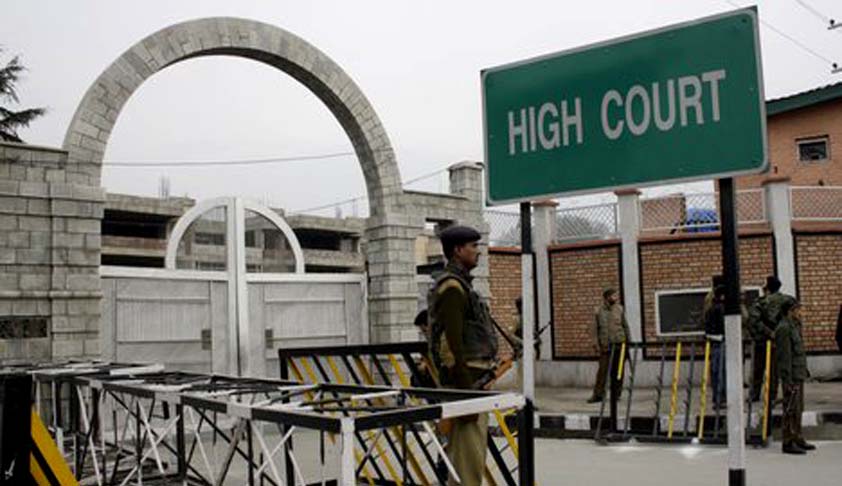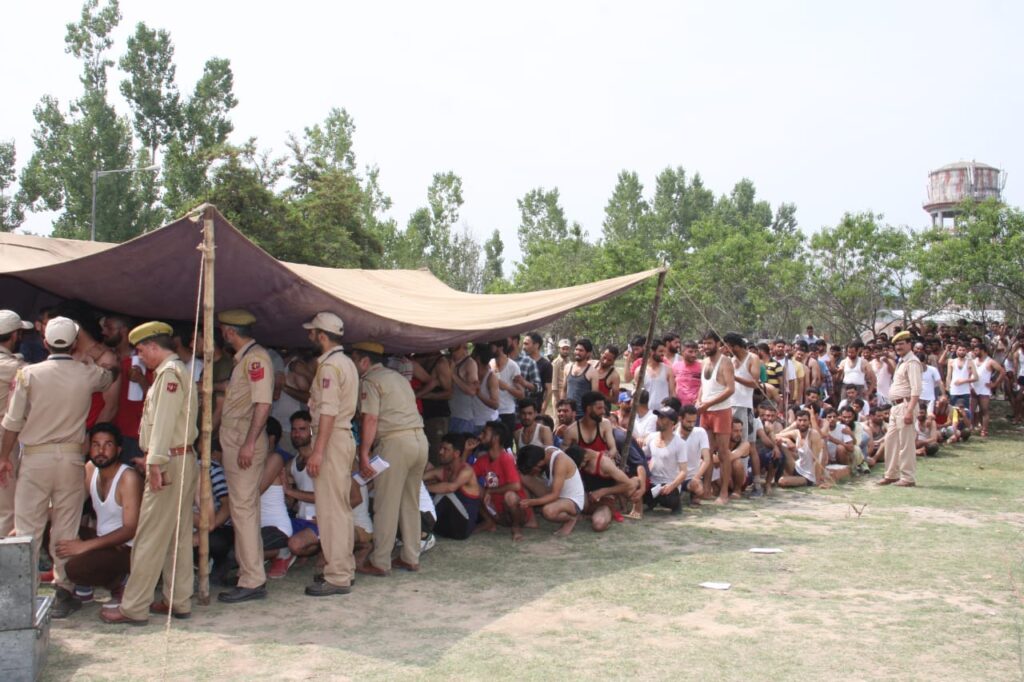
The News Craving
Srinagar:
The Jammu and Kashmir High Court has highlighted the urgent need for the establishment of Waqf Tribunals within the Union Territory. These specialized tribunals are intended to address grievances and disputes involving the Waqf Board, offering a dedicated forum for resolution.
The High Court clarified that conventional writ petitions against the Board are not viable due to its non-state status. However, it underscored the importance of providing an avenue for individuals with disputes against the Board to seek redress.
Responding to this need, the High Court of Jammu and Kashmir and Ladakh has directed the Union Territory Government to set up one or more Waqf Tribunals within a strict two-month timeline. This directive aims to ensure that individuals facing issues with the Waqf Board have access to legal recourse [Traders Association Ziyarat Baba Reshi (RA) Tangmarg vs Union Territory of J&K].
Justice Sanjeev Kumar issued this order while rejecting a series of writ petitions filed by occupants of Waqf Board properties. These petitioners contested arbitrary rent hikes imposed by the Board.
The Court emphasized the disorderliness resulting from the absence of a specialized Waqf Tribunal and mandated the prompt establishment of such tribunals in accordance with Section 83 of the Waqf Act.
The Court’s ruling came in response to petitions by several licensees of Waqf properties who challenged unjustified increases in rent. While these petitioners sought intervention from the High Court, claiming the Board’s actions as arbitrary, the Waqf Board argued that the Court lacked jurisdiction over the matter due to its non-state status.
Reiterating the non-state status of the Waqf Board, the Court clarified that statutory authority alone does not classify it as a “State” under Article 12 of the Constitution. It emphasized that unless the government exercised significant financial, functional, and administrative control over the Board, it would not fall under the purview of writ jurisdiction.
Despite acknowledging that disputes involving public functions might warrant writ petitions, the Court categorized lease agreements and rent disputes as contractual matters beyond the scope of public function.
As a result, the Court dismissed the rent disputes against the Waqf Board, highlighting the inapplicability of Article 226 for enforcing private rights arising from lease agreements.
However, recognizing the serious concern posed by the absence of a dedicated Waqf Tribunal in Jammu and Kashmir, the Court ordered the swift establishment of such tribunals within two months. Until then, the Court instructed to maintain the status quo regarding the petitioners’ cases.




